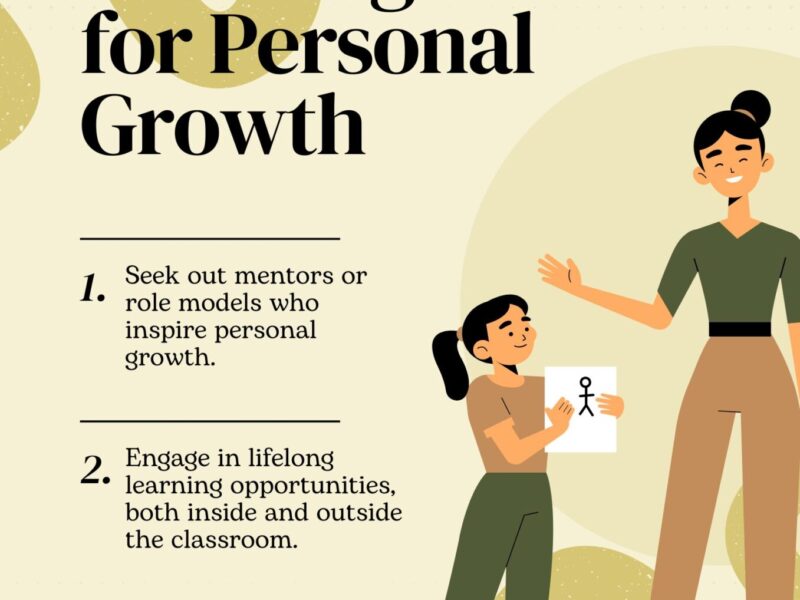Networking through virtual classes is very important for any individual, be it for personal or even professional growth.How to Network in Online Classes. Online classes course different obstacles which pose a challenge for students who want to build those good networks that one has normally found in the physical environment.How to Network in Online Classes. However, such hurdles can be easily crossed by adopting certain mindsets and strategies. Online networking can open doors to great new opportunities as well as collaborations and lasting relationships. How to Network in Online Classes.This article will discuss the best practices of networking in online courses, ways to connect with your peers and instructors, and the many tools that are there to help in facilitating those interactions.
Networking in Online Classes Why It Is Important
Networking is not only for job hunting or professional advancement; it built community and brought diverse perspectives. For example, helps facilitate that maximum utilization of the course:
Expansion of Knowledge
Being engaged with people in the classroom can work wonders for your perspective, with insights and ideas that might not even have crossed your mind. Often online courses include students of a very different background, offering learning opportunities far beyond the course content.
Collaboration Opportunities
Networking in an online course can also spawn collaborations for assignments, group projects, or even company ventures in the future. It goes way beyond just the classroom walls.
Mentorship Access
Through networking with faculty and/or advanced students, you may be able to find a mentorship avenue for your academic and professional track.
Establishing a Support Network
Online learning can sometimes be a lonely affair without contacts through which one is able to get emotional and academic support. Learning becomes less monotonous when sharing challenges, teaching practices and resources with others.
Career Development
On networking, you are developing a value resource professional network that could further provide job recommendation sources, facilitate freelance opportunities or offer professional advice at a later stage. Many of the ties made in online courses could turn into job offers, further understanding about industries and referrals.
Problems of Networking in Online Classes
Although networking is generally beneficial, online learning has its additional disadvantages in building such relationships:
Lack of Contact or Face-To-Face Interaction
When it goes without in-person meetings, it feels harder to make that close, personal connection. Body language, facial expressions, and more informal conversation are primary means through which bonding happens, and it is essentially lacking in a virtual environment.
Due to differences in the time zone
Most online students are from all over the globe, and trying to fix a meeting or spend time talking to a peer would have to account for difference in time zones which is quite tedious.
Isolated Feeling
That is the distance from your classmates that will make you feel aloneness.
Nevertheless, scenario networking is still possible in online classes with the right toolset, mindset, and strategy.
Those posts could also be a point of real discussion you would have initiated with the students.
Tip: Make some unique observations, ask questions, and support the points of view of others in the debate to create a significant one.
Tip: Be proactive in communications, submit ideas and collaborate early to create an atmosphere of trust within your group.
Elaborate your success, lessons learned or interesting course conversations on your working social media pages.
Engage with Instructor-The online learning process can feel quite disjointed from the instructor sometimes.
Join Online Communities and Forums Many online courses have designed forums or discussion boards to bring students together.
Tip: Attend as many relevant virtual events as possible. Don’t be shy, introduce yourself, and join the discussion or activity.
Tools for Networking in Online Classes
Video Conferencing Tools Zoom, Google Meet, and Microsoft Teams are some online platforms that students can use to “meet” with each other. They can communicate face to face with their class fellows through these tools, making connections feel more personal. This communication is very important for virtual office hours with the instructor, discussions, and group meetings.
Tip: Next time you’re on a video call, do turn your camera on-it makes it all feel much more personal and increases exposure.
Here, students can ask questions, discuss topics, and get to know one another.
Tip: Be sure to check out what’s going on in the discussion boards and think about ways to reply to the postings. Active participation will mean that you will stand out to your classmates and instructors as well.
Networking Apps Some of the educational platforms or apps possibly offer networking-specific tools into their courses. Some of these apps may include student directories, event calendars, and direct messaging that help in connecting people.
Tip: Explore these thoroughly for available opportunities to in-network according to your areas of interest and professional career goals.
Stay and Leverage Your Network After the Course
Remind and Follow Up after Graduation: This is a very simple follow-up email message which thanks other participants in the course for collaborating or sharing insights. It will help keep their contacts warm for later.
Tip: Then connect on LinkedIn or other professional networking sites so that you can keep abreast with news and just touch base.
Tip: Bring together your course-mates to form alumni association to be in touch with students and uncover new opportunities.
This should be made to work for you-your ever-expanding network.
Tip: Create and share a blog or article, or even an industry update from your network, which would be very valuable for such network.


